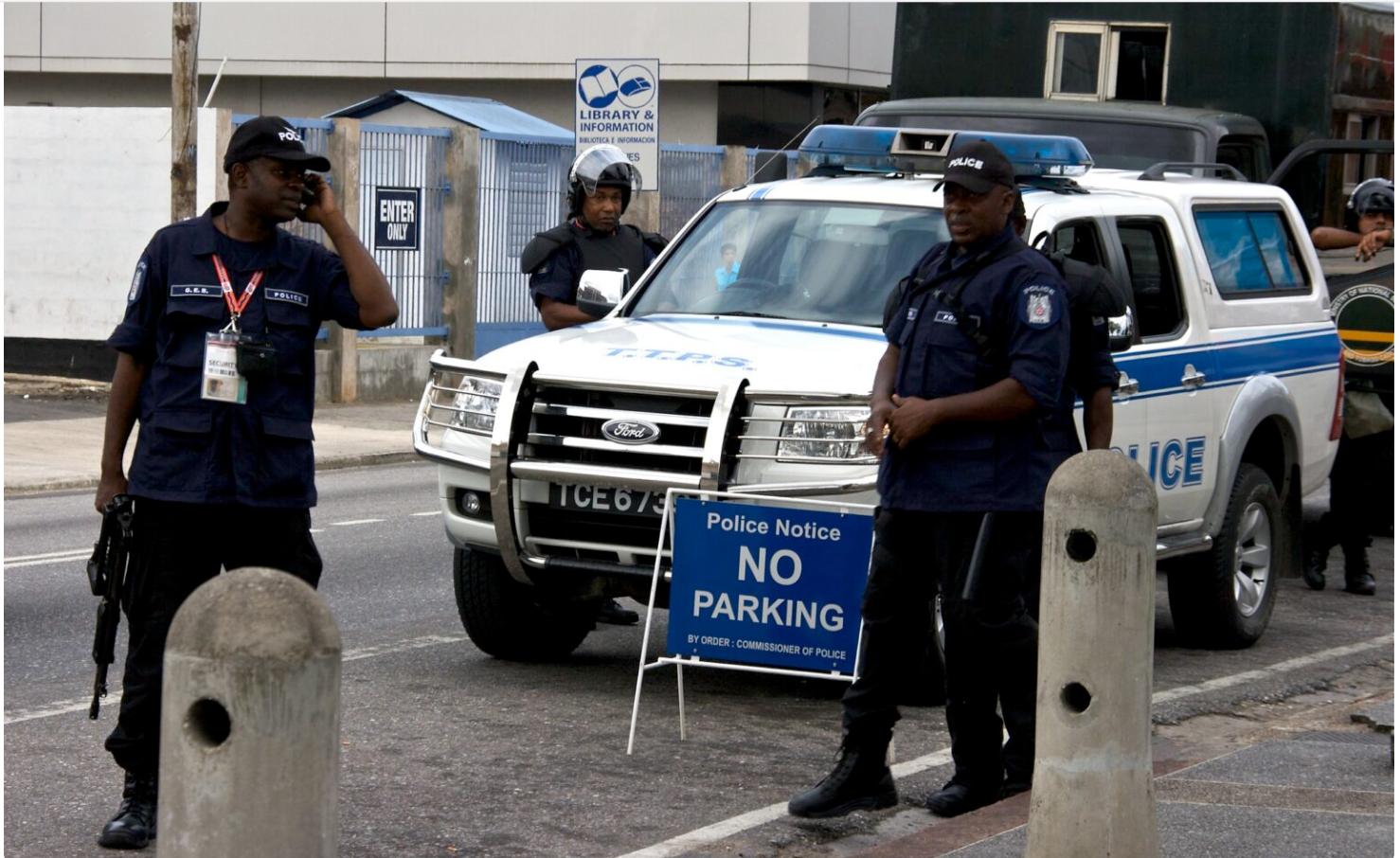In many Caribbean communities, rising violence has eroded public trust in law enforcement. Imagine a police officer in Trinidad and Tobago who walks the bustling community of St. James three times a week, stopping by corner shops, checking in with elders, and taking time to talk with the young people on the basketball court. This image stands in stark contrast to the reality, in which police presence is often perceived as an occupying force more likely to escalate tensions than ease them.
In a region still grappling with deep public distrust in law enforcement, however, embedding community policing as a cornerstone of citizen security could be a game changer. As opposed to simply technical reform, this approach offers a recalibration of relationships between police and the communities they serve. Far from being “soft” or cosmetic, community policing can be a strategically effective tool for addressing citizen security challenges in Trinidad and Tobago and across the region.
This Global Voices piece, courtesy of our member, the Caribbean Centre for Human Rights (CCHR), examines how community policing can restore and serve as a powerful tool for violence prevention.
Read the full article here.


